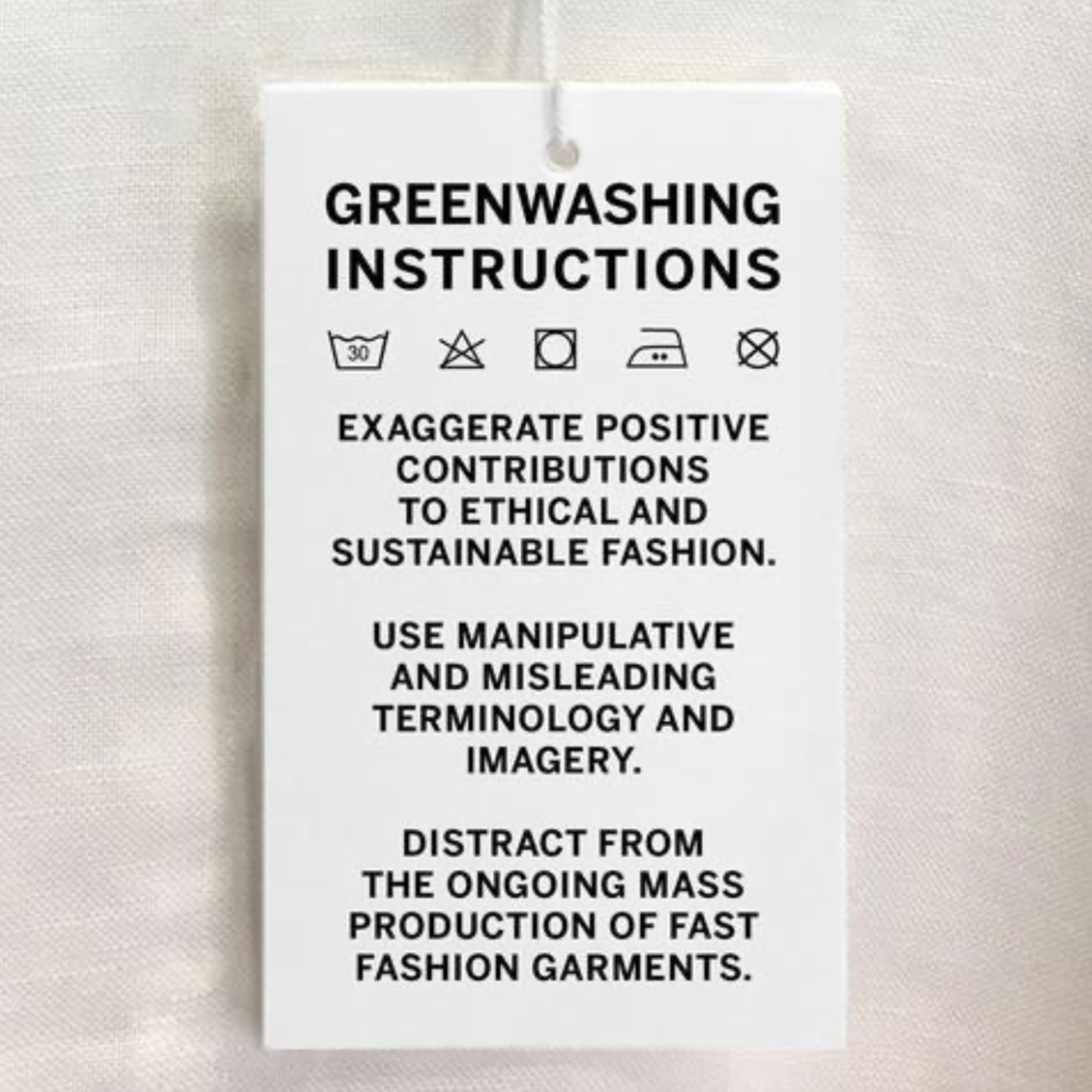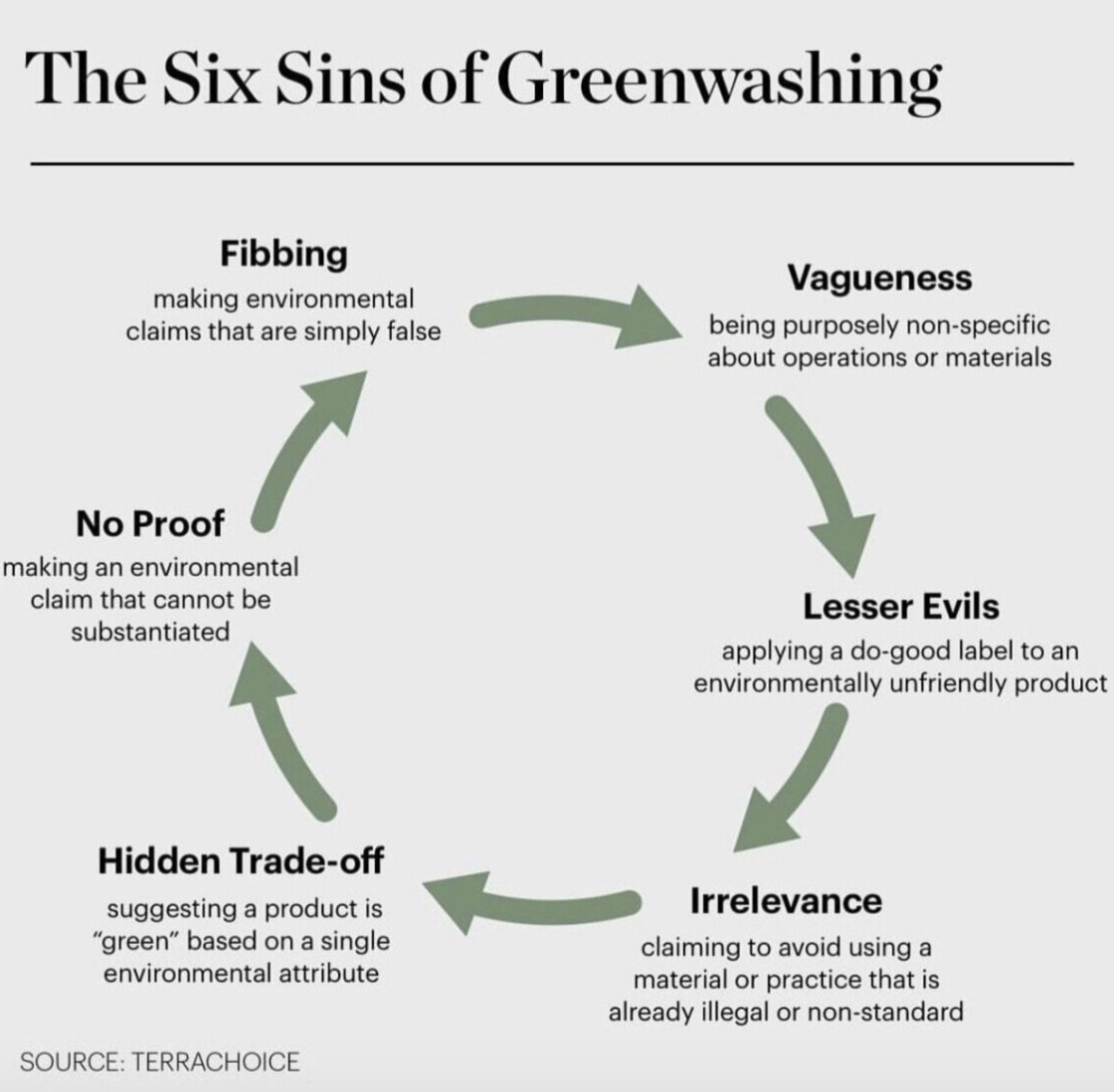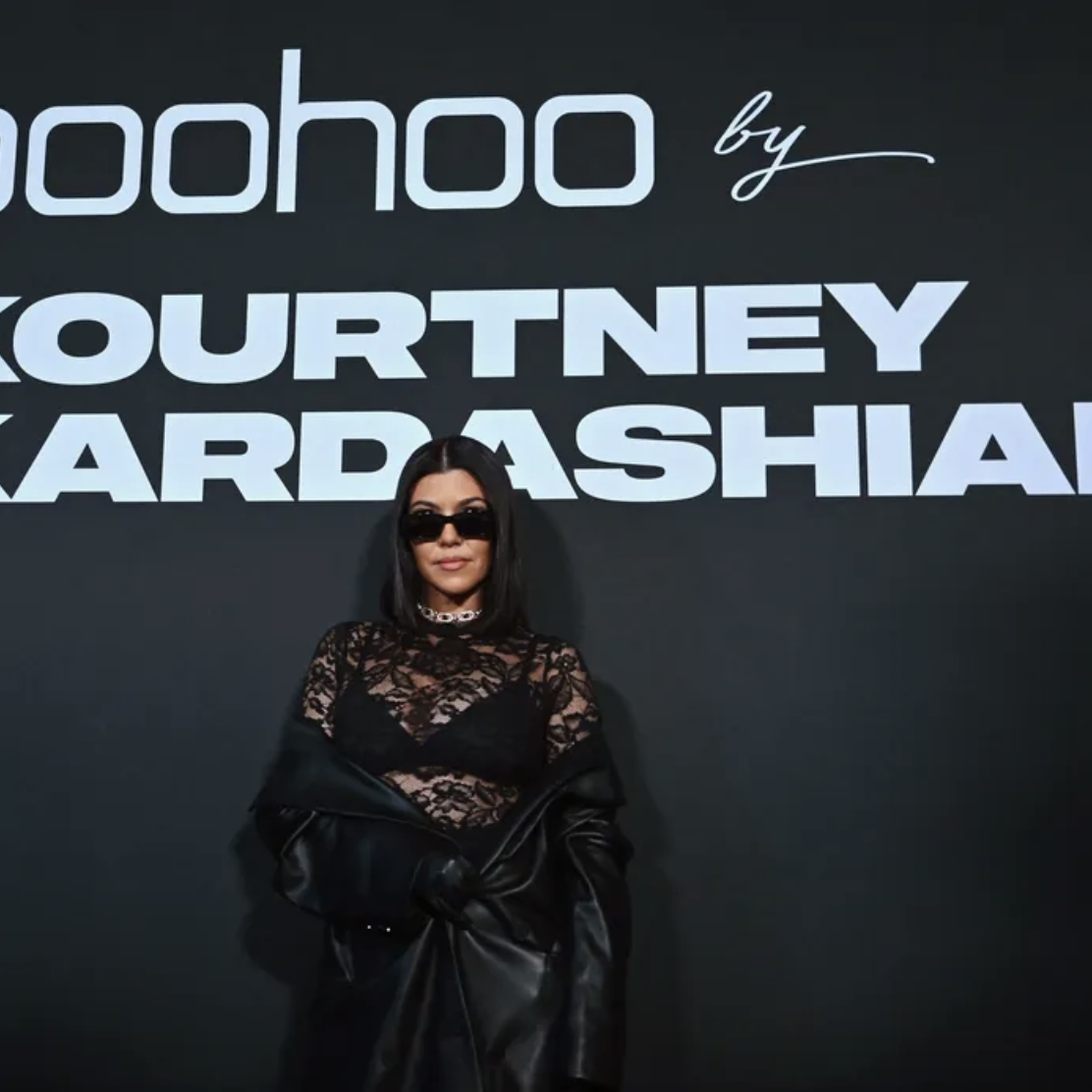The Disconnect Between Fast-fashion and sustainability
Last month, the UK based fast fashion brand Boohoo announced that Kourtney Kardashian will serve as their new sustainability ambassador. Yes, the same Kourtney Kardashian who exceeded their water budget for their Calabasas home by over 101,000 gallons in the month of June 2022. When I first heard of this partnership, I couldn't help but laugh at the irony of it all, and immediately spotted it for what it was, a thinly veiled attempt at greenwashing.
Green Queen media defines greenwashing as “a tactic that companies use to ‘appear’ more sustainable than they actually are. This could mean making false claims about green production practices or even purposefully being vague with facts.” Instances of greenwashing can be found across any excessively wasteful industry, but fast fashion certainly seems to take the cake in prevalence. In July 2021, the United Kingdom’s Competition and Markets Authority (CMA) announced that Boohoo was under investigation for greenwashing as a result of their new line entitled “Ready for the Future” which made vague and untraceable claims that the pieces were made of more than 20% of more sustainable materials. Because the term sustainability does not have a clear cut definition, it is easy for brands such as Boohoo to manipulate consumers’ understanding of it to their liking.
The fashion industry is without a doubt the most significant silent contributor to climate change, according to the International Energy Agency, in 2016, the textile industry generated a whopping 1.2 billion tons of greenhouse gas emissions. As a result of this, the industry’s carbon footprint is larger than that of international flights and maritime shipping combined.
Brands like Boohoo are the primary culprits of these horrifying statistics, as it sells low value, low quality pieces of clothing that are designed to be worn a handful of times and discarded shortly after. An article by Vice noted that Boohoo rolls out an estimated 40,000 new pieces of clothing in a single year. This model creates two points of excess waste, their point of production in which they are created with hazardous chemicals and wasteful production methods as well as the point when they are no longer of use to the consumer and are discarded into landfills. After Boohoo drew in almost £1 billion in sales in the first financial quarter of 2021, Boohoo has begun their quest to expand their business into the United States which was designed to kick off with Kourtney Kardashian’s capsule collection that was launched at New York fashion week.
Kourtney Kardashian’s capsule collection with Boohoo will consist of 46 pieces, 41 of which will contain a certain percentage of recycled fibers, recycled sequins and polyester, and traceable cotton. While this may sound sustainable on the surface level, when it comes to the use of materials such as polyester, even recycled polyester will shed harmful microplastics when washed and does not biodegrade. The press release states that the collection will entail transparent practices for shoppers who want to learn more about the apparel which seems to present two issues - the first being that this statement seems a bit far fetched and difficult to regulate the truthfulness of, and the second being that many customers simply do not care to know where their fast fashion items originate from. At the end of the day it is clear that there is a disconnect between the words “fast fashion” and “sustainability” that can never be bridged in a way that allows them to co-exist. As consumers, it remains up to us to break this cycle of excessive consumption and break free of fast fashion once and for all.
Strike Out,
Writer: Elisabeth Olsen
Editors: Katie Sharp, Natalie Daskal





